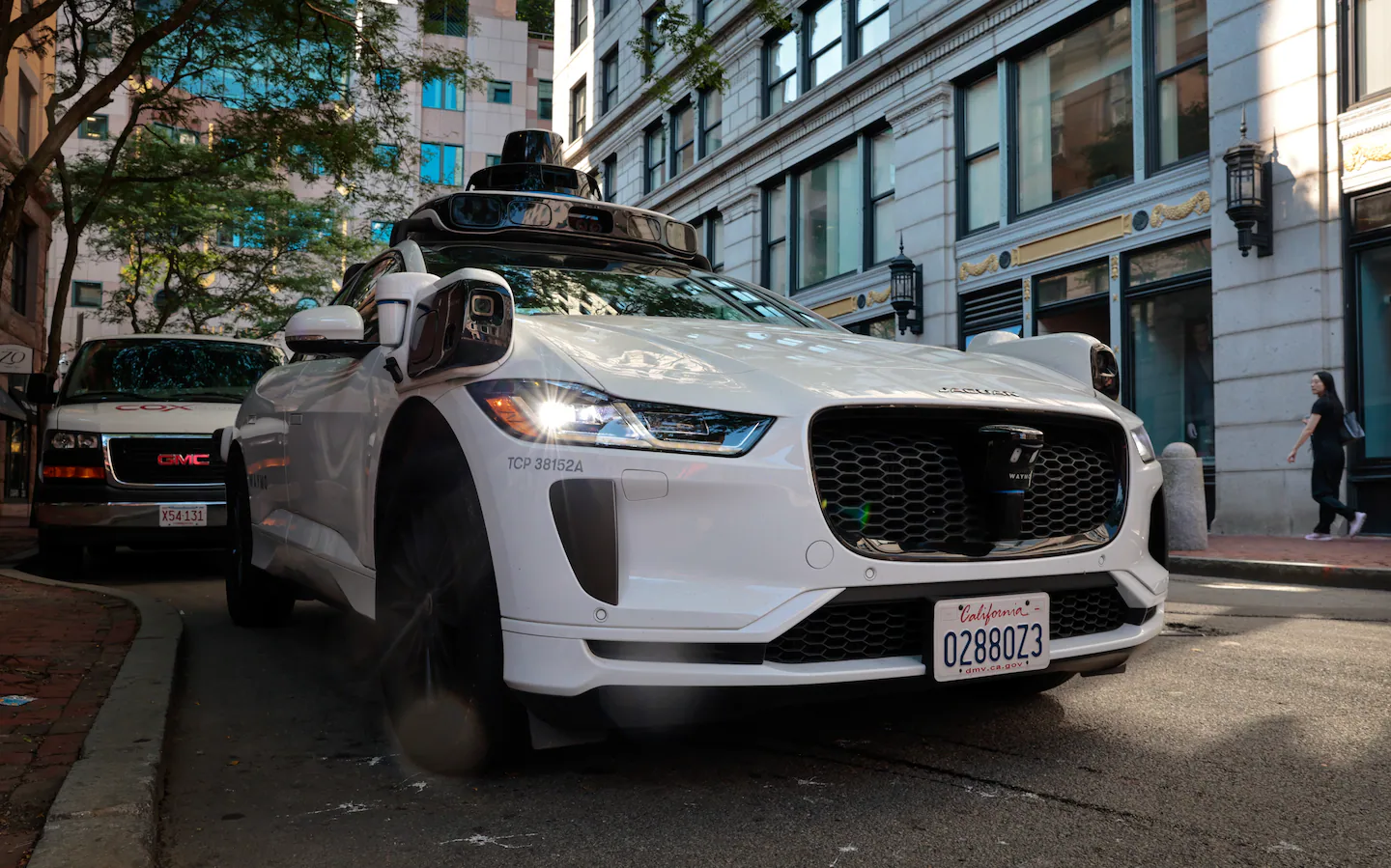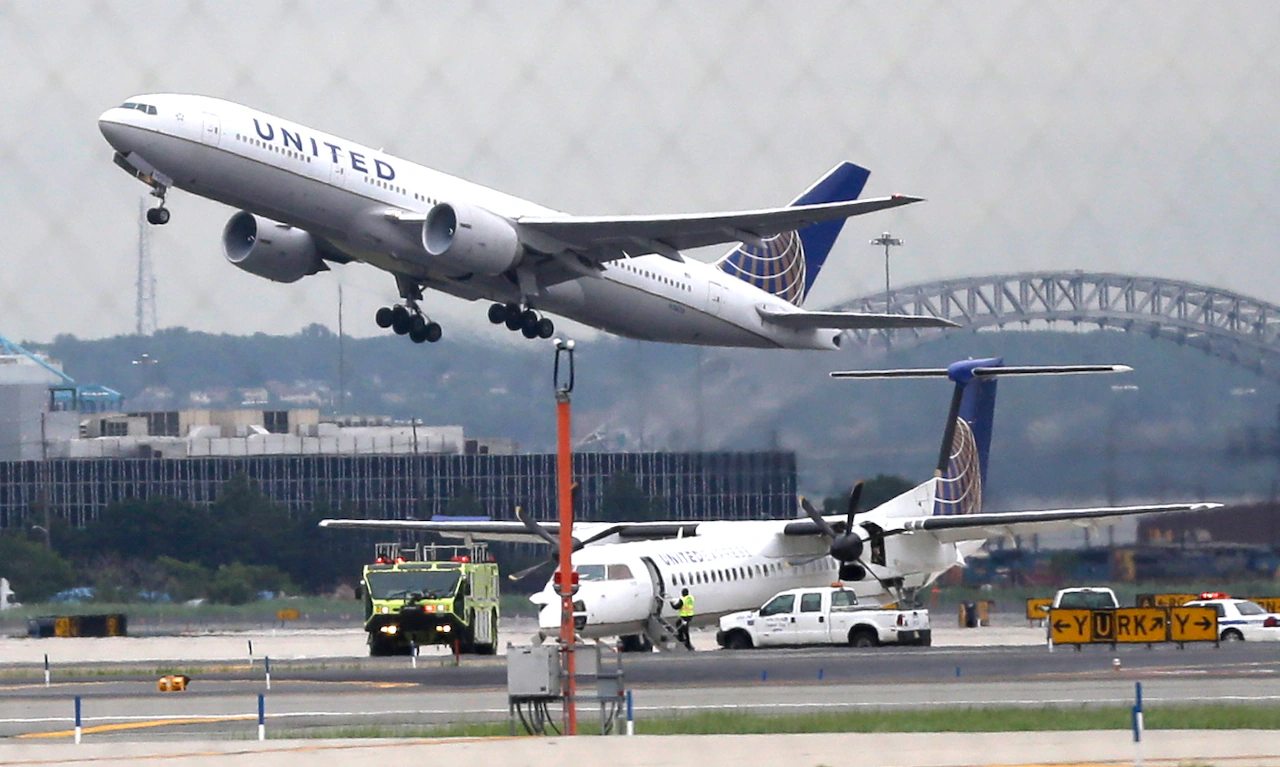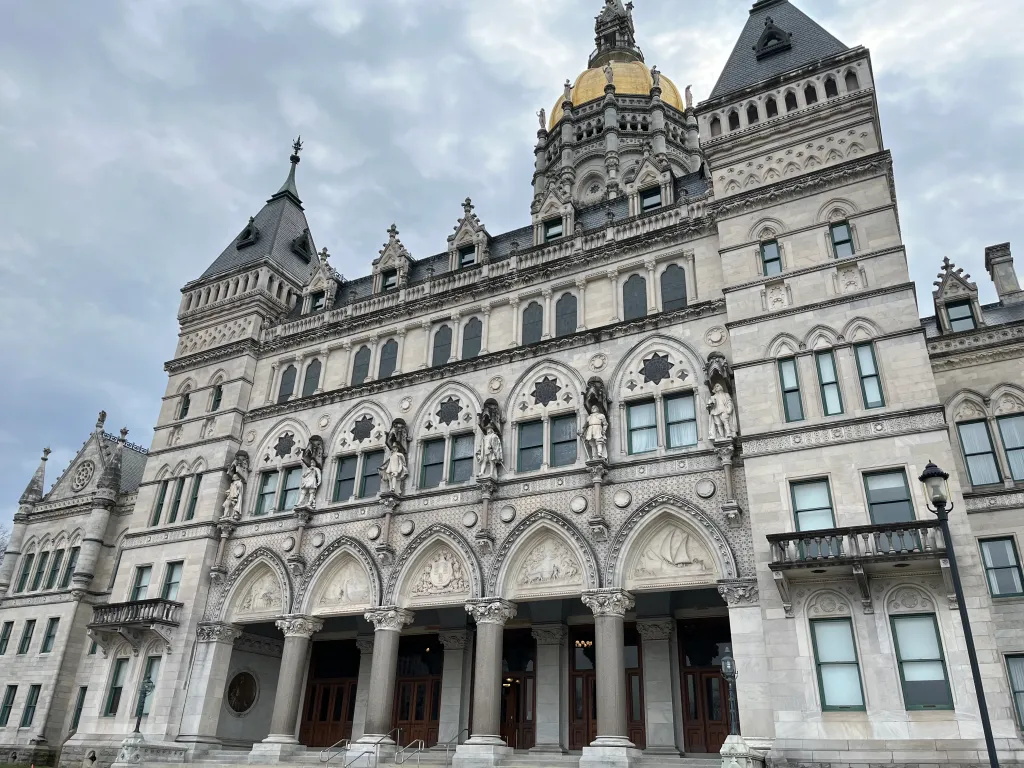
Carl Richardson is cochair of the American Council of the Blind’s Audio Description Project, president of the Guide Dog Users of Massachusetts, and member of the Bay State Council of the Blind.
When Waymo’s autonomous vehicles arrived in Boston over the summer, I was optimistic. I’ve never ridden in the vehicles, but friends I’ve made over my years of advocating for Americans with disabilities have had the chance to use Waymos in Phoenix, San Francisco, and Los Angeles. They say the cars are clean and convenient. They report that Waymo doesn’t cancel on them when it spots a cane or a service animal. Ride-share services and Waymo are bound by federal law regarding transportation access, but unlike humans who bring their biases with them, a machine does not discriminate against people with disabilities or their service animals. More than that, people with disabilities like having the service available at their fingertips. It gives them a degree of independence they haven’t had in years or, in many cases, their whole lives.
I was born with Usher syndrome, a genetic disease that affects hearing and sight. I have not been alone in a car since I gave up driving more than 35 years ago, and it’s shaped how I live my life today. I’ve lived in Boston for 29 years and have had to turn down jobs and interviews because I was worried I couldn’t find transportation. I bought my house because of how close I would be to a T stop, instead of buying the one with a yard that I really wanted. On a regular basis, I get denied access to Uber and Lyft because I have a guide dog. It’s no wonder that transportation is frequently cited as a barrier to employment for the historically underemployed blind and low-vision community.
Yet my perspective, and the perspectives of so many people like me, were left largely out of the Boston City Council’s hearing over the summer to evaluate autonomous vehicle operations. Instead of gathering a diverse group of Bostonians who stand to benefit from the technology, the hearing was focused mostly on a single perspective, and that perspective was not the full story.
Advertisement
The hearing was focused on safety. The fact is, Boston is the worst city in the United States for auto collisions, Allstate reports. The data Waymo reports to the federal government, meanwhile, show the technology is safer than when humans drive. Another concern was about job loss, ignoring the fact that Waymo employs vehicle technicians, electricians, people in the building trades, and drivers. In fact, there was a team of professional human drivers manually driving the cars in Boston, as well as in San Diego, Las Vegas, Nashville, New York, Philadelphia, and other cities this year.
Disability rights advocates, street safety advocates, and others were not featured in the discussion, and by the time anyone with a different view had the opportunity to speak about their experience, the councilors, with the exception of the hearing sponsor, had all left. The disability community has said that being able to choose this technology is changing lives. The council did not consider our perspective, instead opting to try to restrict a technology that would give Bostonians with disabilities the same independence as people in San Francisco, Los Angeles, and Phoenix.
Advertisement
The disability rights movement popularized the phrase “Nothing about us without us.” Waymo is working toward a more inclusive transportation system than the one we have today, including engaging people with disabilities right from the beginning. Many Bostonians can currently choose to take whatever form of transportation they want, be that public transit, private car, or ride-hailing. Many of us can’t. All we are asking for is the opportunity to choose this new transportation option.



